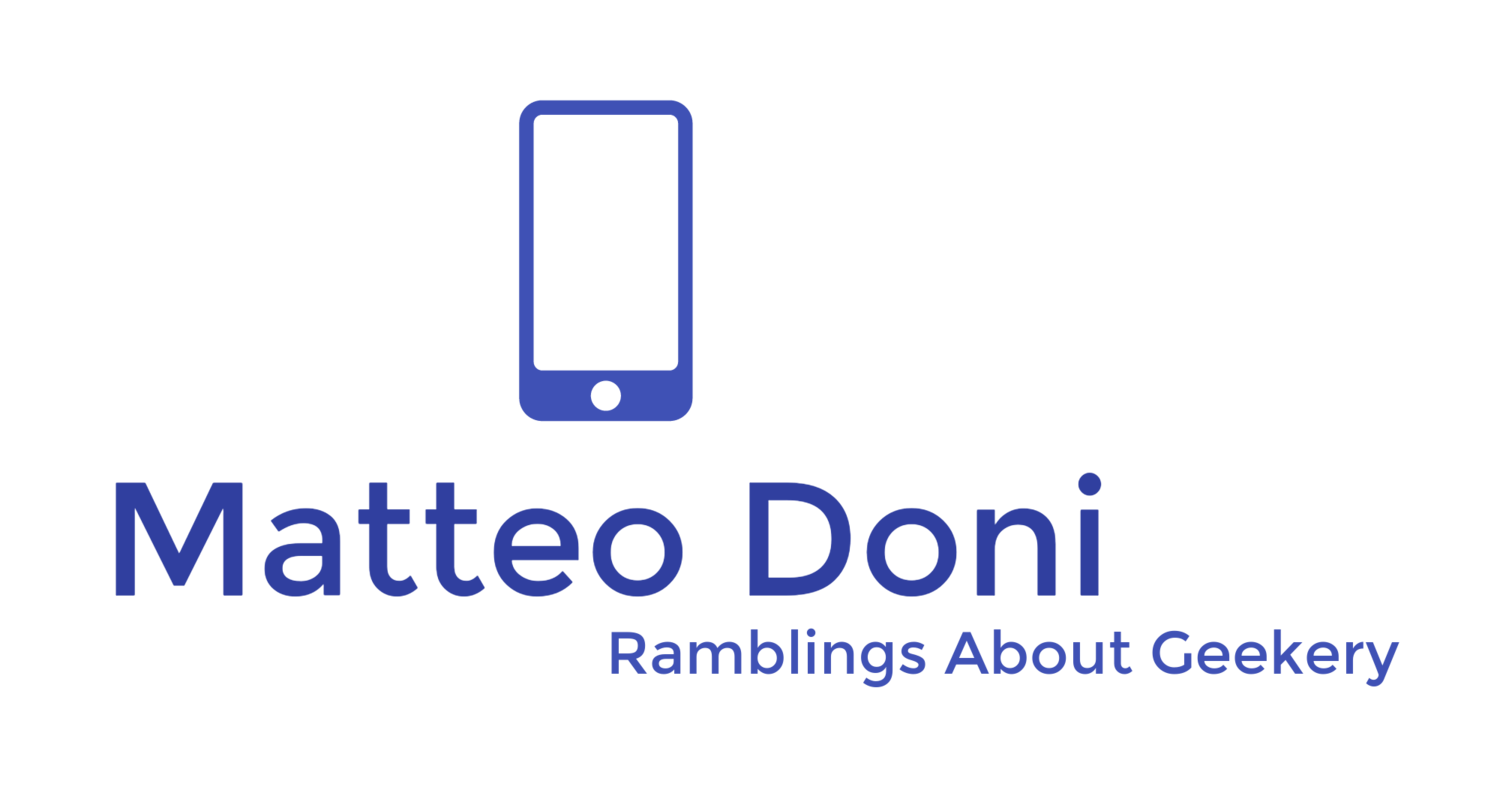This week I attended DroidCon London 2014 conference representing my employer, Skyscanner.
The event was extremely informative and entertaining. Day 1 was mostly BarCamp format. Later in the afternoon there was a DemoCamp event where I demoed the Skyscanner Hotels app for Android on stage and then the closing talk in the auditorium was delivered by Chet Haase of Google.
The event was extremely informative and entertaining. Day 1 was mostly BarCamp format. Later in the afternoon there was a DemoCamp event where I demoed the Skyscanner Hotels app for Android on stage and then the closing talk in the auditorium was delivered by Chet Haase of Google.
The democamp is off! #DroidconUK pic.twitter.com/KtMrJhkcs3
— droidconUK (@droidconUK) October 30, 2014
Day 2 was opened by Chet Haase who showcased what is new in Android 5.0 Lollipop, and then a series of more structured and formal talks.
My key takeaways from the conference can be summarised here:- Intel are throwing a the kitchen sink at Android and working very closely with Google and OEMs. Devices running on Intel should get prompt updates to new versions of Android as Intel will be updating drivers within 30 days of Google releasing the OS source code.
- Companies large and small throughout Europe are conceptualising and developing apps and services and ensuring their presence on the Android platform is significant.
- Testing and test methodologies, particularly with regards to automation, are of great interest and concern to the Android developer community.
- Android 5.0 Lollipop is going to sweep through the world like wildfire and Material Design, Google's new design language, is going to be adopted widely even on older (4.0.+) versions of the OS.
I really enjoyed my time at DroidCon London 2014, and interacted with some of the top people involved in the mobile industry. Thanks to everyone who participated and organised, it was an extremely enjoyable experience. I hope to attend again next year.




